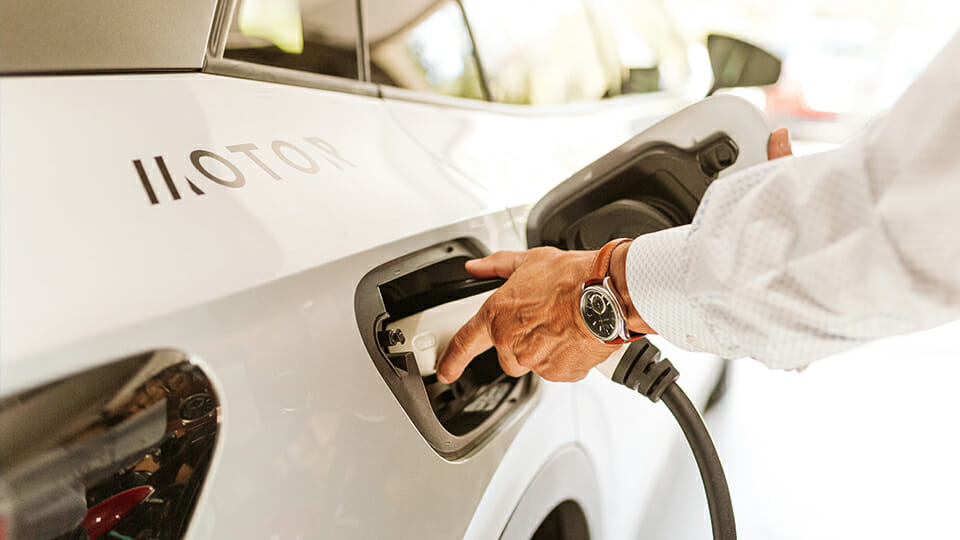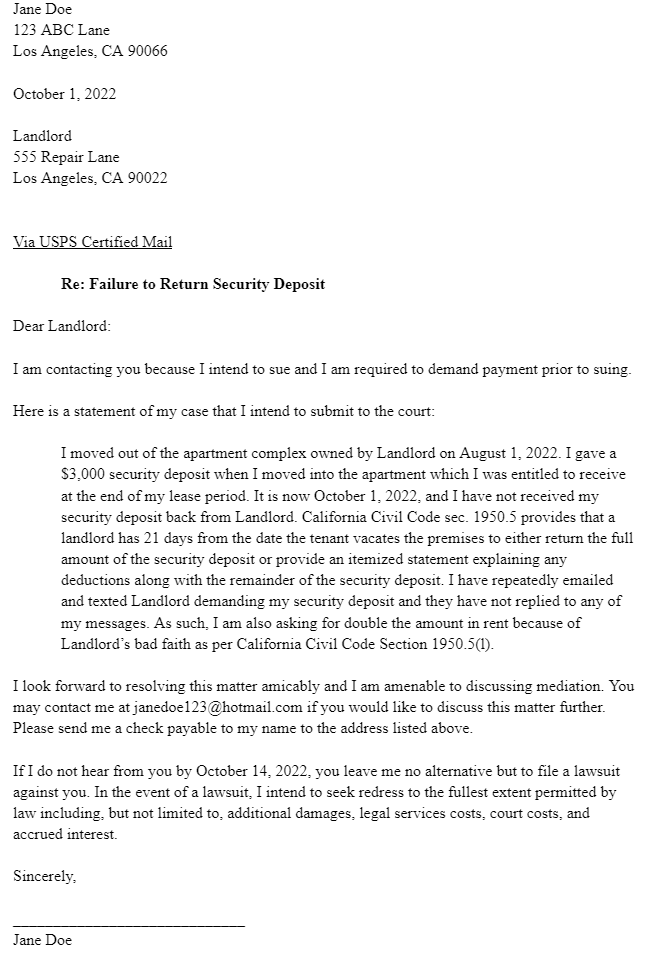The Ongoing Battle: Car Dealers And EV Mandates

Table of Contents
The Financial Hurdles Facing Dealerships
The transition to an EV-centric market isn't without its financial burdens for car dealerships. Many are facing significant obstacles that threaten their profitability and long-term viability.
High Initial Investment Costs
Implementing the necessary infrastructure to sell and service EVs requires substantial upfront investment. This is particularly challenging for smaller dealerships with limited capital.
- Cost of installing Level 2 and DC fast chargers: The expense of installing and maintaining charging stations can be considerable, especially for dealerships needing to accommodate multiple vehicles simultaneously. This requires not only the purchase of the chargers themselves but also the electrical upgrades often necessary to support their power demands.
- Employee training on EV technology and maintenance: EVs require specialized knowledge for both sales and service. Training staff on battery technology, charging systems, and the unique maintenance requirements of electric vehicles represents a significant investment in time and resources.
- Inventory management challenges for EVs: Managing EV inventory differs from gasoline-powered vehicles. Dealerships need to consider factors like battery degradation, storage requirements, and the potential for longer lead times in acquiring new stock.
The financial burden is substantial, and the return on investment (ROI) is uncertain. If EV sales don't meet projections, dealerships risk significant losses, potentially jeopardizing their financial stability. This creates a considerable barrier to entry for many, particularly smaller dealerships who may lack the financial reserves to absorb these initial costs.
Reduced Profit Margins on EVs
Currently, the profit margins on EVs are generally lower compared to gasoline-powered vehicles. This further complicates the financial landscape for dealerships already struggling with the high initial investment costs.
- Lower service revenue from EVs: EVs have fewer moving parts than internal combustion engine (ICE) vehicles, leading to less frequent and less complex maintenance needs. This translates directly to reduced service revenue for dealerships.
- Increased competition from direct-to-consumer EV brands: The emergence of direct-to-consumer EV brands, such as Tesla, bypasses the traditional dealership model, further intensifying competition and putting pressure on margins.
- Impact of government subsidies on dealer profit: While government subsidies and incentives aim to encourage EV adoption, they sometimes impact dealer profit margins by reducing the final sale price.
The reduced profitability of EVs coupled with high initial investment costs creates a challenging scenario for dealerships. This makes it difficult to justify the necessary investment in EV infrastructure and expertise, hindering the overall adoption of electric vehicles.
The Adaptation Challenge for Dealerships
Successfully navigating the transition to EVs requires dealerships to adapt their business models significantly. This goes beyond simply adding a few EVs to their inventory; it necessitates a complete overhaul of their sales strategies, service departments, and employee skill sets.
Shifting Sales Strategies
Selling EVs requires a different approach than selling traditional gasoline vehicles. Dealerships need to adapt their sales techniques to address the unique concerns and needs of EV buyers.
- Educating customers on EV technology and charging infrastructure: Many potential EV buyers have questions and concerns about the technology, charging infrastructure, and range anxiety. Dealerships need to provide clear and comprehensive information to alleviate these concerns.
- Addressing range anxiety concerns: Range anxiety is a significant barrier to EV adoption. Dealerships need to address this directly, highlighting features like fast charging capabilities and providing information on charging networks.
- Providing different financing options: EV financing options may differ from traditional auto loans. Dealerships need to be well-versed in these options and offer flexible financing plans to attract customers.
This requires significant retraining of sales staff and the development of new sales materials and strategies tailored specifically to the EV market. A customer-centric approach, focused on education and building trust, is crucial for success.
Training and Expertise
Servicing and maintaining electric vehicles requires specialized knowledge and skills. Dealerships need to invest heavily in training and recruitment to meet this demand.
- Investment in EV-specific tools and equipment: EVs require specialized tools and diagnostic equipment, which represents a considerable investment for dealerships.
- Recruiting technicians with EV expertise: There's a significant skills gap in the automotive industry when it comes to EV technicians. Dealerships need to actively recruit and retain qualified individuals with EV expertise.
- Ongoing training programs for existing staff: Existing staff needs ongoing training to update their skills and knowledge to handle the complexities of EV technology and repair.
The lack of qualified EV technicians is a major bottleneck in the transition to EVs. Dealerships need to invest in training and development programs to address this skills gap and ensure they can effectively service the growing number of EVs on the road.
The Consumer Perspective and its Impact
The success of EV mandates, and by extension, the profitability of EV sales for dealerships, hinges heavily on consumer adoption rates and the factors influencing consumer decisions.
Consumer Adoption Rates
Several factors influence the rate at which consumers adopt EVs. These factors are critical for dealerships to understand as they plan their EV strategies.
- Charging infrastructure availability: A lack of convenient and reliable charging infrastructure remains a significant barrier to EV adoption for many consumers.
- Purchase price: The higher initial purchase price of many EVs compared to gasoline-powered vehicles remains a deterrent for some potential buyers.
- Range anxiety: The fear of running out of battery charge before reaching a charging station continues to be a concern for many consumers.
- Government incentives: Government incentives like tax credits and rebates play a crucial role in making EVs more affordable and accessible.
Understanding consumer behavior and addressing their concerns is essential for dealerships to successfully sell EVs and thrive in the changing market.
Government Incentives and their Role
Government incentives play a crucial role in driving EV adoption and shaping the landscape for car dealerships.
- Tax credits: Tax credits reduce the overall cost of purchasing an EV, making them more attractive to consumers.
- Rebates: Rebates provide direct financial assistance to consumers at the point of purchase.
- Grants for EV infrastructure: Government grants help fund the expansion of charging infrastructure, making EVs more practical for consumers.
- Impact on overall vehicle sales: The success of government incentives in stimulating EV sales can impact the overall sales volume of dealerships, influencing their profitability.
The design and effectiveness of these incentives have significant consequences for the automotive industry and the success of dealerships in the EV transition. The careful consideration and planning of these programs are crucial.
Conclusion
The transition to electric vehicles, driven by increasingly stringent EV mandates, presents a complex and challenging landscape for car dealerships. While the shift to EVs is crucial for environmental sustainability, the financial hurdles, adaptation challenges, and consumer acceptance issues require careful consideration. Dealerships must actively strategize and invest in order to navigate this changing market successfully. Failure to adapt may lead to significant financial losses and even business closures. The future of the automotive industry hinges on how effectively car dealerships can embrace the EV revolution and address the challenges posed by EV mandates. Understanding the ongoing battle between car dealers and EV mandates is crucial for ensuring a smooth transition to a sustainable and efficient automotive sector. Learn more about the implications of EV mandates and how dealerships are strategizing for success.

Featured Posts
-
 Hegseth Under Fire New Signal Chats Reveal Pentagon Chaos Claims
Apr 22, 2025
Hegseth Under Fire New Signal Chats Reveal Pentagon Chaos Claims
Apr 22, 2025 -
 La Fires Fuel Landlord Price Gouging Claims A Selling Sunset Star Speaks Out
Apr 22, 2025
La Fires Fuel Landlord Price Gouging Claims A Selling Sunset Star Speaks Out
Apr 22, 2025 -
 Tik Toks Influence On Trade Advertising Tactics Used To Skirt Trump Tariffs
Apr 22, 2025
Tik Toks Influence On Trade Advertising Tactics Used To Skirt Trump Tariffs
Apr 22, 2025 -
 Ftc Probe Into Open Ai Examining Chat Gpts Data Practices And Ai Regulation
Apr 22, 2025
Ftc Probe Into Open Ai Examining Chat Gpts Data Practices And Ai Regulation
Apr 22, 2025 -
 Florida State University Security Gap Heightened Student Fears And Rapid Police Action
Apr 22, 2025
Florida State University Security Gap Heightened Student Fears And Rapid Police Action
Apr 22, 2025
